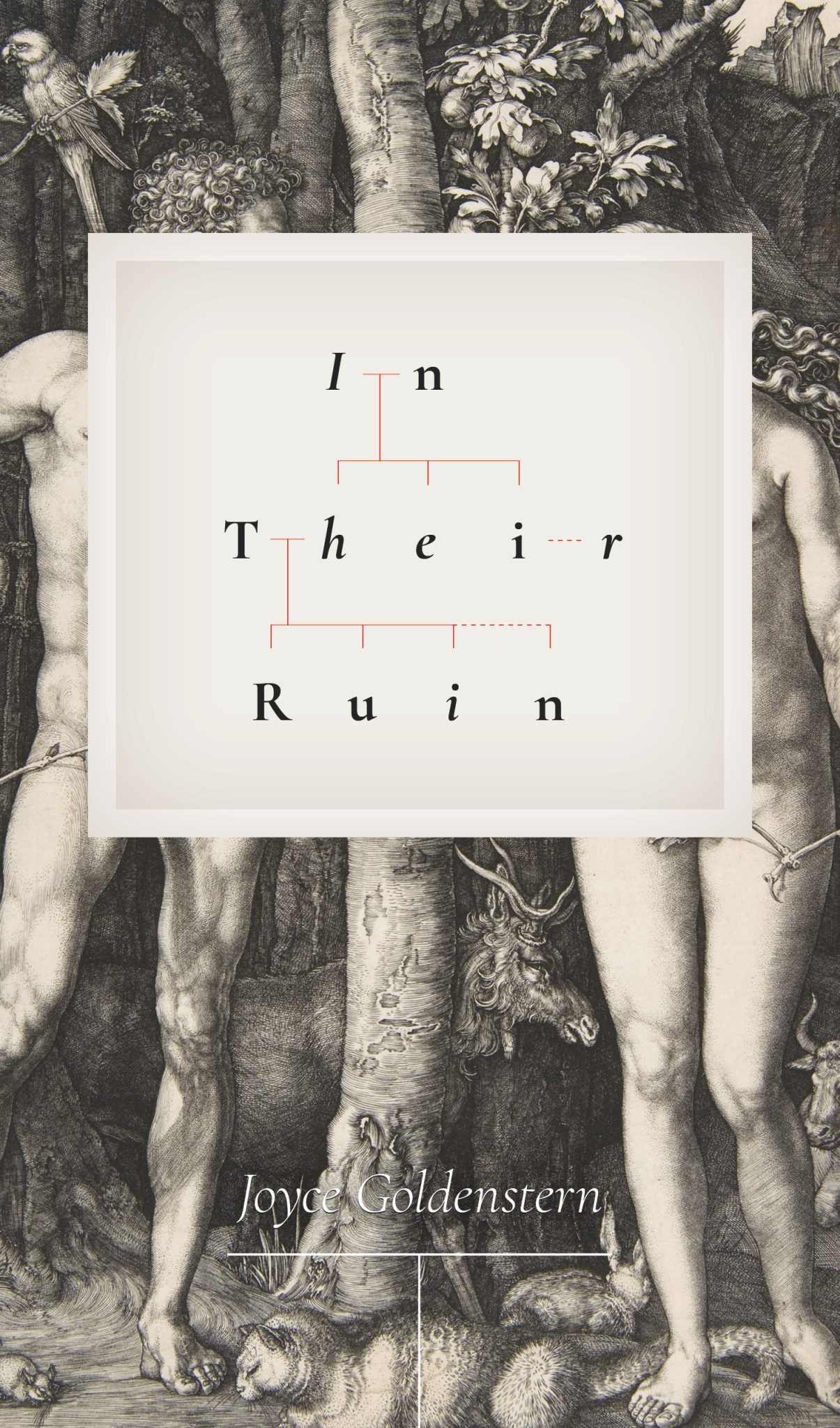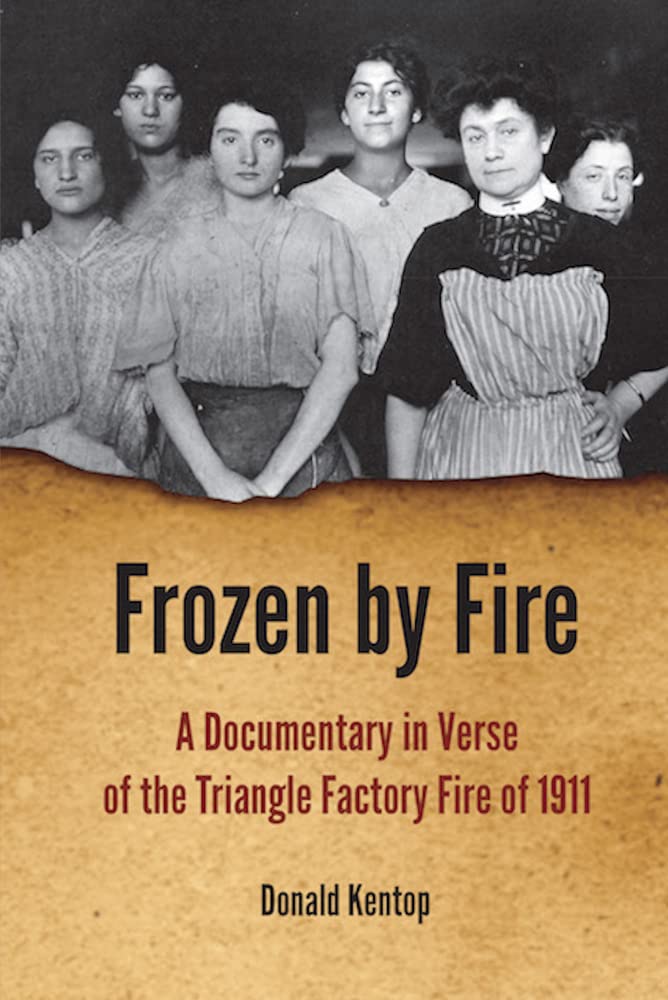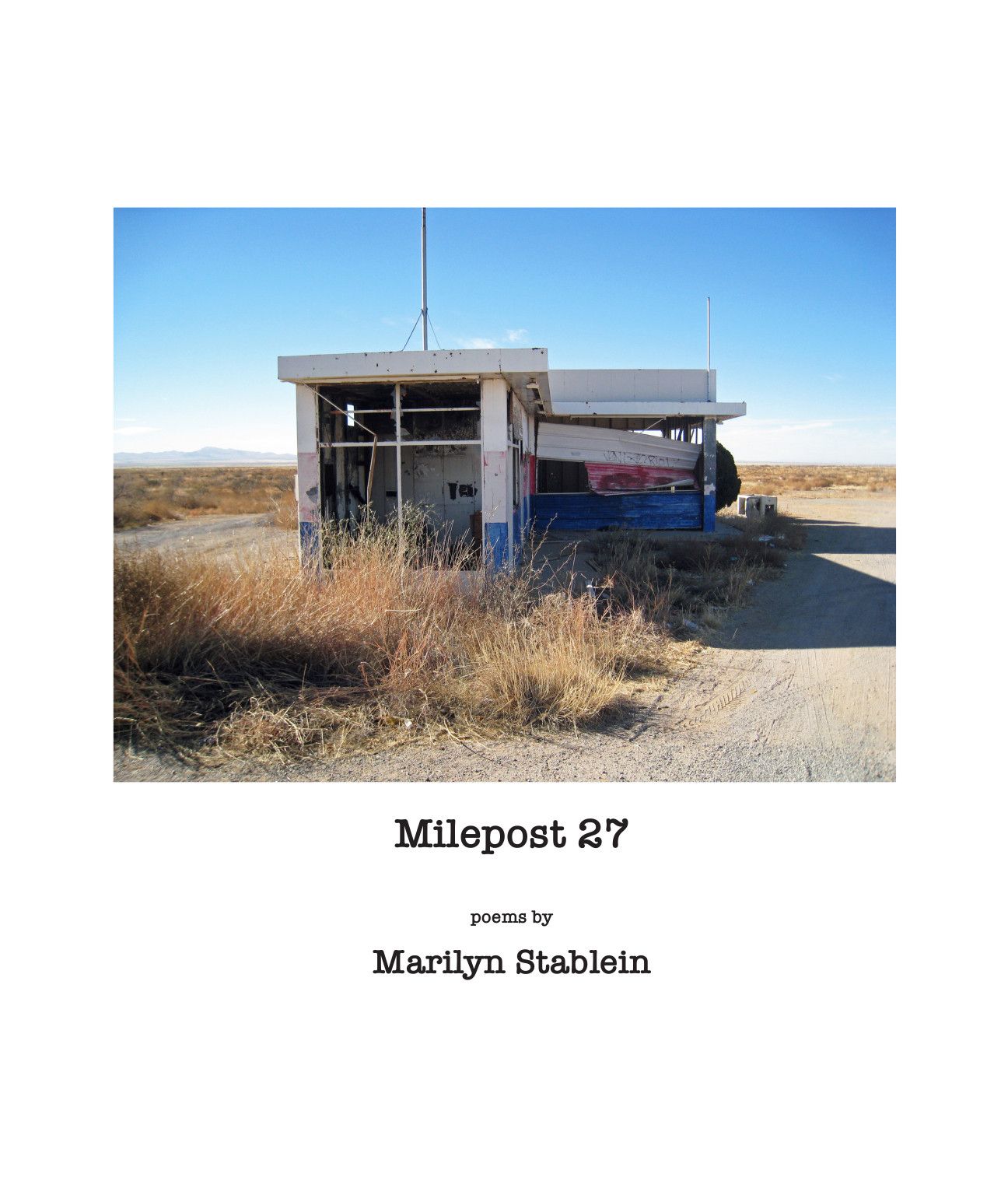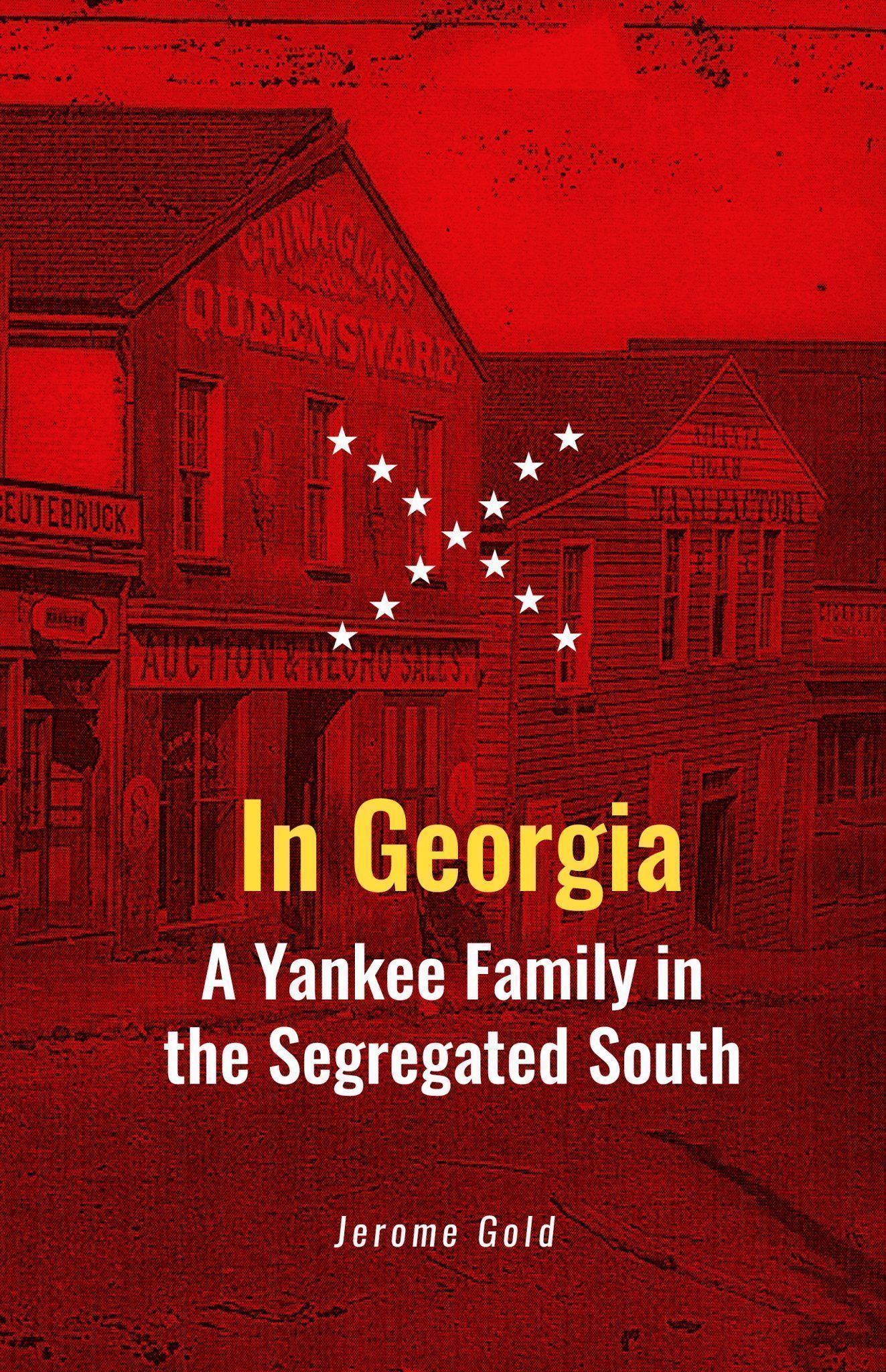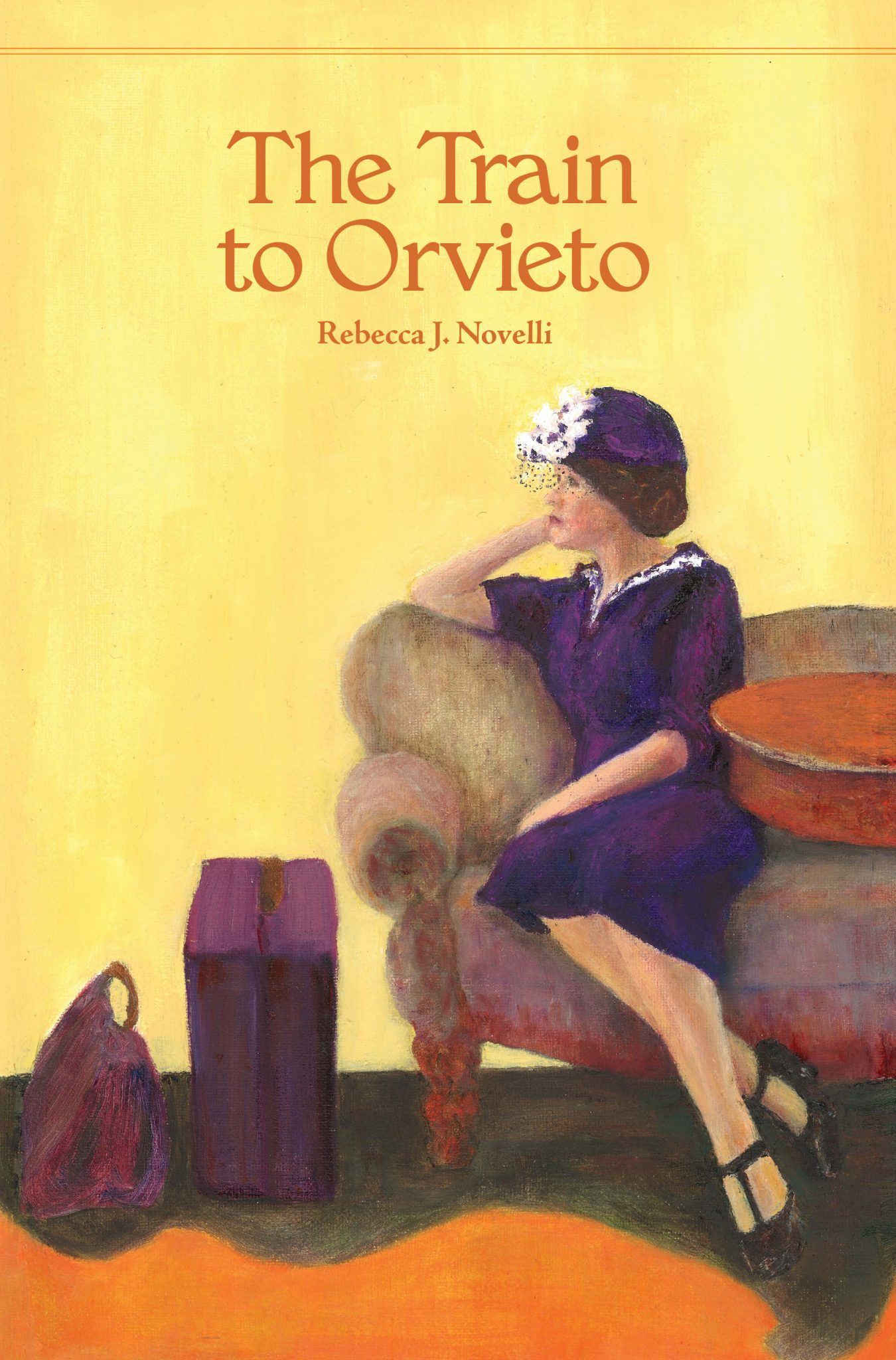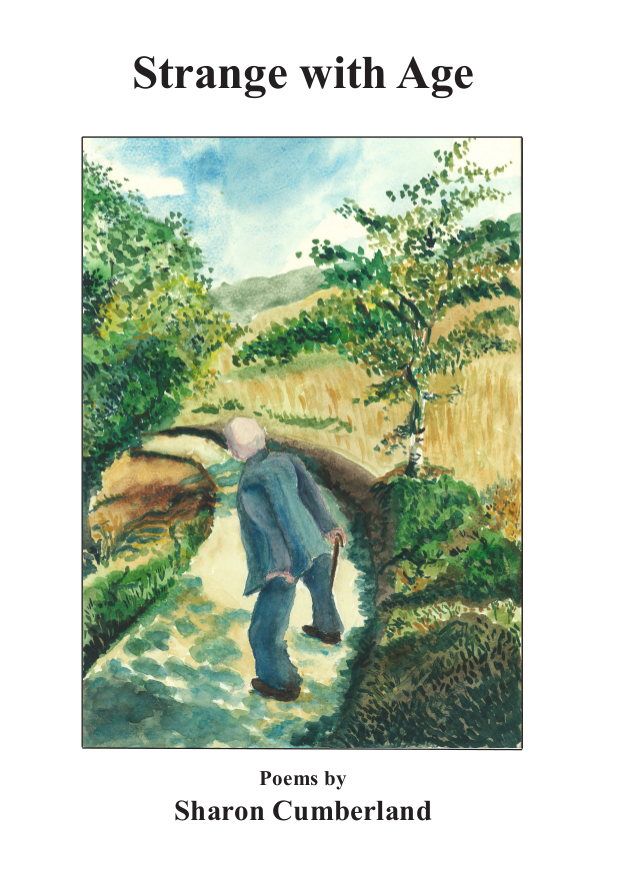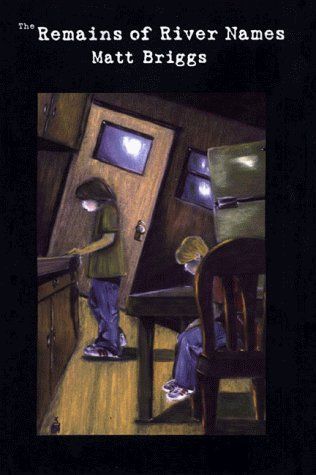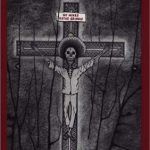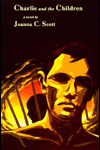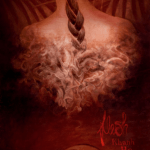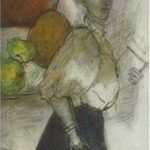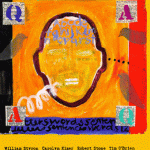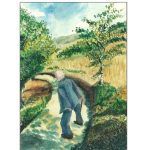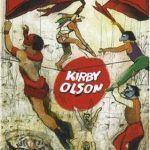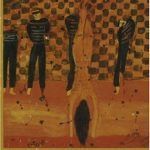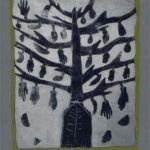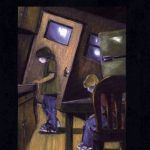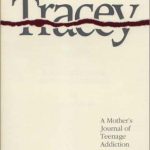Description
The Train to Orvieto by Rebecca J. Novelli
ISBN: 978-1936364237
eBook ISBN: 978-1936364220
Price: $17.95
The Train to Orvieto, set in Orvieto, Florence, and Milan, Italy, and in the heartland of America, is an intimate story of love, loss, betrayal, and reconciliation that unfolds against an historical background of war and dramatic social change. It is a story enacted by fascinating three-dimensional characters and told by one of them, Fina, a history teacher who warns the reader, “The truth never mattered.” It is a story depicting the clash of opposites―the desire for union with another and the need for solitude; loyalty and betrayal; change and tradition; the fatalism of rural Italy and the sense of familial and social duty, as against one’s obligations to oneself―and it explores the classic theme of how the consequences of decisions made in youth carry through the remainder of one’s life. The Train to Orvieto invites us to consider how much we re able to understand the truths of our own lives and what it costs to accept them.
Reviews
“It’s hard to believe that The Train to Orvieto is Rebecca Novelli’s first novel because it is such an assured, meticulously structured and engrossing creation. Novelli pulls off the seemingly superhuman feat of writing about the American Midwest and an ancient Italian hill town with equal precision and verve. In Willa Carver she fashions a heroine who reminds me of the beautiful, doomed innocents of Henry James and Edith Wharton—but with a headstrong, sometimes foolish passion that is all her own. For anyone who loves Italy, for anyone who has ever struggled to make art in the face of life’s demands, for anyone who craves a thumping good read full of juice and desire and disappointment and festering secrets and shattering revelations, this novel will be immensely rewarding.”
—David Laskin, author of The Family: A Journey into the Heart of the Twentieth Century
“The Train to Orvieto is a rich family saga spanning continents and generations, unlocking the secrets and burdens that we all have in our complicated family histories. Novelli has written a wonderfully riveting and poignant debut.”
—Leonard Chang, author of Triplines and Dispatches from the Cold
“I read The Train to Orvieto over several evenings, eagerly awaiting the next installment of this fascinating and complex story full of memorable characters and a dark secret.”
—Charles Rosenberg, author of Death on a High Floor
“In her auspicious debut novel, Rebecca Novelli has set herself an ambitious goal: delivering a complex, nuanced family saga spanning decades and continents. That she pulls it off signals the arrival of a new literary talent. With vivid prose, deep knowledge of the terrain, and a keen ear for the voices of her disparate characters, Novelli explores the vicissitudes of time and memory and the dynamics of family and culture. Thoughtful, engaging, acutely observed, The Train to Orvieto is a promising beginning to a literary career.”
—Ron Reagan, MSNBC political analyst and author of My Father at 100
“Willa Carver, a girl from Ohio, marries blindly into an Italian winemaking family and, in doing so, sets in motion a series of events, some catastrophic, that will affect the lives of all around her. Later her daughter, Fina Marecheschi, must live out the consequences of her mother’s decisions and, in the end, is forced to make momentous choices of her own. Beautifully told against the background of the Umbrian countryside, The Train to Orvieto is a study in cause and effect, hope, pride, disappointment, and, finally, resolution.”
—Jim Krusoe, author of The Sleep Garden
“The Train to Orvieto details a Midwestern ingenue’s love for art—as narrated by her daughter—and the folly that sparks a lifetime of regret. Rebecca Novelli’s striking novel is an intimate, elegant portrait of an individualist who embraces an expatriate life, and of women’s roles in the twentieth century and the passions that guided them. Distinct sections focus on Willa and her main loves. An impulsive dreamer from 1930s Ohio who moves to Italy to become an artist, Willa commits social errors that brand her as an outsider in the circumspect town of Orvieto. Novelli refreshes the classic subject of a woman who seeks self-discovery abroad, through a dramatic plot that pulls her flawed protagonist from an emotionally withering marriage to an affair that spans across years. Tension builds toward 1968, when Willa’s daughter, Fina, discovers the secret that soured her parents’ relationship. Novelli—also a painter—deftly creates scenes in the Marcheschi villa that draw a stark contrast between Willa’s failed ambitions and the rustic truth of living in her husband’s family home. Willa gradually transforms from a naïve, reckless young American to a capable landowner who continually defies expectations. The journey between takes detours and predictable turns yet portrays Willa’s disillusionment without judgment for her decisions. For all the book’s emphasis on whether women can shape their own fate in a time that favors tradition, it’s the subtler themes, like that of keeping faith amid darkness, that most stand out. Few characters exemplify this quality more than Michel Losine, a Jewish gem dealer and widower whose family suffered the brutality of war. Ever the gentleman who has a cool demeanor and is a capable orchestrator of events, hi success belies restrained vulnerability. The struggle between his loyalties to the living and the dead add depth to his actions. Fina displays a similar ambiguity, to a lesser degree. Her arc, if sparer and less assured than her mother’s, offers an alternative to resignation. Her efforts to pave over past conflicts reveal a different strength. With careful settings and raw seams, The Train to Orvieto is a fascinating journey of sins come home to roost.”
—Karen Rigby, Foreword Reviews
“The Train to Orvieto is a stylistic throwback in some ways—it has the conflict between social expectations and the personal pursuit of happiness, and the attention to detail, that were characteristic of novels written a century ago by the likes of Henry James or Sinclair Lewis. And, as in the works of those authors, Novelli explores the thin veneer of manners over appetites. The time frame for this novel is somewhat later—the first section, titled “Gabriele,” begins in 1934, when Willa Carver, a careless young belle in Erhart, Ohio, convinces her hapless parents that she must go to Italy to pursue a painting career. This is based on little more than her own restlessness and the fact that she has an Italian art instructor who wishes to marry her. Willa rejects that opportunity but accepts, at least for the moment, an arrangement her parents make for her to stay with a lady who lives in Florence. And so begins a saga that encompasses two generations, two continents and two cultures. Once she sets sail from New York, Willa ignores her chaperone’s counsel. And upon her arrival in Italy, she follows up on an impulse to accept an invitation from a headstrong young man she meets on a train. Gabriele Marcheschi wishes to bring her to meet his parents. When she does so without going through the preliminaries, one cultural misstep leads to another, and before she knows it she become la favola della città—the talk of the town. Booted out of art school, she marries Gabriele within a few short months and soon finds herself pregnant and living in an agrarian community that is far enough away from Florence to make it seem as distant as the moon. The succeeding years bring the hardships of wartime, but they bring unexpected opportunities, too. The second section of this story is titles “Michel Losine.” This is another man who comes into Willa’s life. Losine has a tragic backstory that is tied to the war, and Novelli spends some time developing this before tying his story in with Willa’s. Losine affects rather than changes her circumstances, but the result is no less profound. In the cascade of succeeding years, it becomes clear that the actions of one’s impetuous youth can etch enduring consequences not only into that life, but into the lives of succeeding generations also. The final section moves forward a couple of decades and is devoted to the decision that Fina, Willa’s youngest daughter, is on the cusp of making—to stay in Orvieto and get married, or to go away to university. In some cases, history repeats itself, and in other ways, the mistakes of the past inform different choices in the future. Novelli shows that sometimes an element of serendipity can play a significant role, too. The Train to Orvieto is an interesting debut.”
—Barbara Lloyd McMichael, The Bellingham Herald
“Novelli’s eye for detail and commitment to her Italian setting enhance her multigenerational saga.”
—Kirkus Reviews
Additional Information
Click HERE to do a search for this book. You will find more information, reviews and additional purchase locations.



